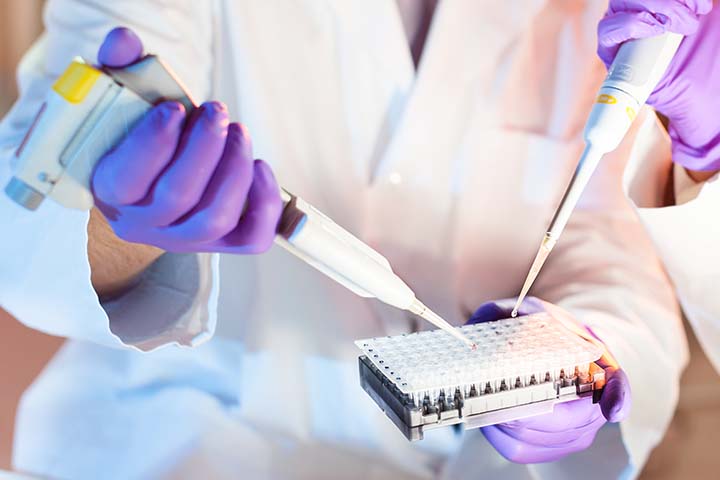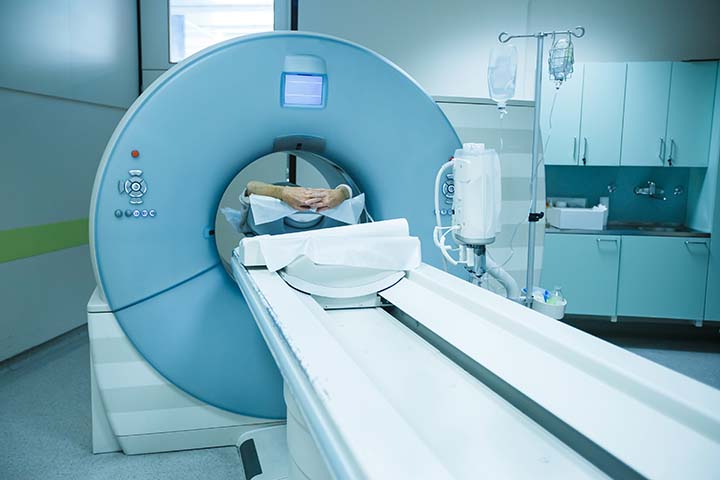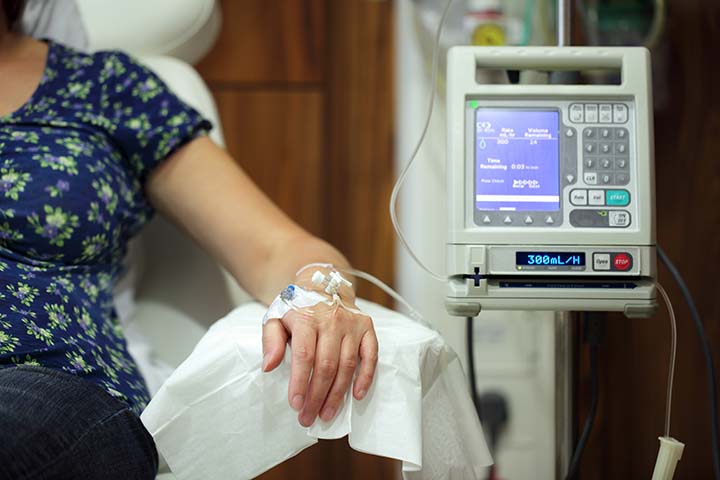22 Oct 2020
The good news is cancer diagnosis are going down, but what is the bad news?
Estimated read time: 4 minutes, 57 seconds

This January, several articles announced the good news that some regions had experienced the sharpest drop in cancer mortality ever recorded. This is due to a decrease in one of the most harmful habits related to cancer: tobacco use. Years of anti-tobacco campaigns and important advances in treating lung cancer were finally paying off and giving hope in the fight against cancer.
Just a few months later, the COVID-19 pandemic dampened the enthusiasm for these findings by threatening the decades-long trend of decreasing cancer mortality. “We must not let this happen,” said the famous publication The Cancer Letter in an editorial published in September.
“Specifically, we must ensure patients can get indicated screenings they need to detect cancer early, prevent it when possible, and save lives. We must also make sure that cancer patients continue their treatment regimens already underway uninterrupted and initiate new cancer treatment when needed,” the editorial says.
The COVID-19 pandemic has brought both patients and healthcare systems to their breaking points. Quarantine, isolation, and healthcare centers shuttering or being used as emergency hospitals have prevented individuals suffering from other conditions from receiving essential treatments, surgeries, and screenings. Some patients themselves have decided to skip medical appointments and treatments due to a fear of contracting the coronavirus.
This has already impacted cancer prevention and treatment.
Data from the Pan American Health Organization (PAHO) indicates that over 2.8 million cancer cases are diagnosed in Latin America and the Caribbean each year, with over 1.3 million deaths attributed to this illness.
Most deaths are caused by lung, prostate, and colorectal cancer in men, and breast and colorectal cancer in women.
However, in many cases, these types of cancer can be prevented with screenings. If cancer is found, tumor removal surgeries and early cancer therapies increase survival rates.
Skipping the Doctor: An Expensive Mistake
Choosing not to go to the doctor due to fear of getting infected is based on science: individuals with cancer are considered to have a high risk of complications if they become infected and develop COVID-19.
This is a very complex moral and medical dilemma: protecting yourself from becoming infected by COVID-19 can mean a risk of allowing cancer to advance.
A team of female Hispanic scientists is analyzing the impact of the COVID-19 pandemic on the increase in cancer cases and deaths in Latin America.
They affirm that although the gap in diagnosing and treating cancer in the region was already significant, it is now even more severe.
The pandemic put a temporary halt to routine exams. This type of inertia is dangerous, especially because public health emergencies intensify factors that create more barriers to accessing services.
In addition to the collapse of health systems and fear of infection, patients also tend to wait to seek care during an economic recession. Not only are they afraid, but they are also saving the money they would have spent on medical attention on other more serious problems and emergencies.
The study HOLA COVID-19 (Hematology Oncology in Latin America) analyzes the interruption in diagnostic screenings and therapies that they affirm could cause more deaths.
The PAHO, which carries out screening and awareness campaigns in Latin America and the Caribbean, assures us that there is a systematic underdiagnosis in early cancer detection and treatments that could save lives. COVID-19 has made it even more difficult to connect patients to the medical services they need.
The United States is not exempt from this reality. It is estimated that nearly 1.8 million people will have received cancer screenings by the end of the year, and another 600,000 are receiving chemotherapy. The number of cases that have not been included in statistics because patients did not receive screening tests, surgeries, or chemotherapy treatments remains to be seen.

The pandemic has displaced patients, doctors, and healthcare systems. The American Cancer Society has acknowledged that the pandemic is “unknown territory” for cancer treatment. This has motivated doctors to face it, case by case, keeping in mind that there are aggressive tumors where a delay in removing them could mean death.
Without a doubt, COVID-19 has detracted from what had been excellent news: cancer deaths in the United States had decreased 29% on average since 1991, according to the American Cancer Society.
Where do we go from here?
Doctors assure us that we now have much more information on how to better manage COVID-19 infections. At the same time, doctor’s offices, health centers, and hospitals have developed treatment and safety protocols. Science is moving at record speed. We have more knowledge than we did when the pandemic first hit.
The most important recommendation now is not to put off routine testing—quite the contrary. You should not postpone regular appointments or preventative screenings, colonoscopies, mammograms, or other services. Doctor’s offices, health centers, and hospitals have established safety protocols to ensure the health of both patients and health professionals.
The main recommendations and measures adopted by health centers include:
- Screening and treatment centers are offering telehealth or phone appointments before and after medical procedures.
- Patients are screened before entering offices and health centers to detect symptoms related to COVID-19.
- Appointment scheduling considers physical distancing between patients, even when appointments may be longer, to avoid overcrowding in waiting rooms and patient treatment areas.
- The presence of non-patient visitors and their caregivers is limited.
- Health centers are frequently disinfecting common use areas and surfaces.
- Everyone, including patients and personnel, must use masks when possible, wash their hands frequently, and have hand sanitizer available for everyone, including patients, medical and administrative personnel, and their companions.


We must continue the positive trend in the fight against cancer. If you had a medical appointment for an exam that was postponed or canceled, call your doctor today to reschedule it. Reconnecting with care is essential in diagnosing and treating cancer.
Remember, always consult with your physician or other qualified health care professional to determine the best options for your body and health, and to answer any questions you may have regarding any medical matter.
Sources: The Cancer Letter: “HOLA COVID study focuses on disruption of cancer care in Latin America”, American Cancer Society: “Cancer Prevention & Early Detection. Facts & Figures. Tables and Figures, 2020”, The Economist - Intelligence Unit: World Cancer Initiative, Pan American health Organization (PAHO): Latin America and the Caribbean Facts Sheets, Centers for Disease Control and Prevention, Coronavirus Disease


